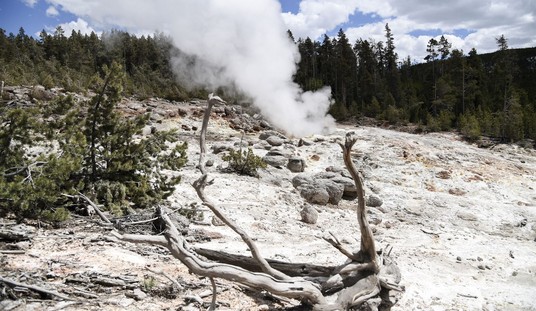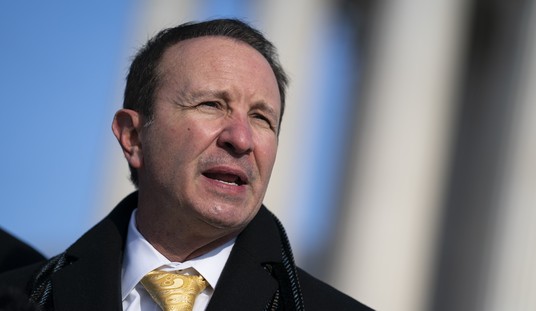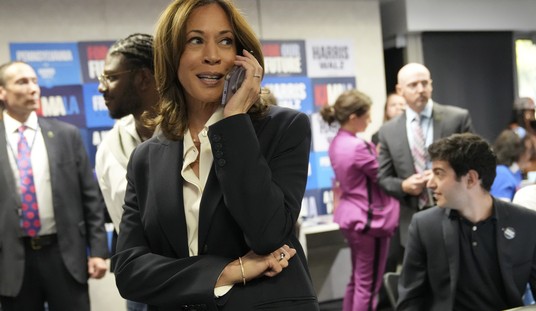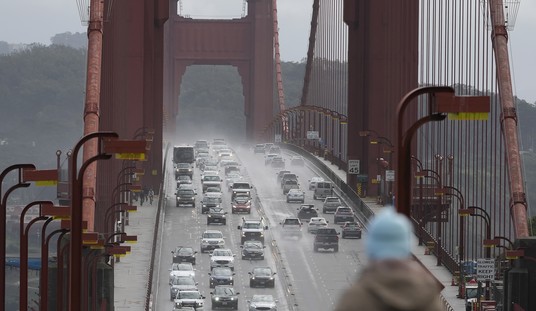By H. Sterling Burnett
In a small victory (for sanity) in the ongoing climate wars, Oregon Senate President Peter Courtney (D-Salem) admitted defeat in his and Gov. Kate Brown’s attempt to force unwilling Republicans to vote on a controversial cap-and-trade bill. Announcing the bill is dead, Courtney asked Republican Senators to return to work after they walked out to prevent a vote on the bill.
Oregon’s cap-and-trade bill, H.B. 2020, would require steep cuts to carbon dioxide emissions each year, reducing emissions by 45 percent below 1990 levels by 2035 and 80 percent below 1990 levels by 2050.
Companies emitting more than 25,000 metric tons of carbon dioxide equivalents annually would be required to purchase “allowances” every year for each ton of carbon dioxide they emit. The state would reduce the supply of allowances auctioned each year. Oregon lawmakers admit the rising costs of purchasing allowances or switching to lower-emissions technologies would raise energy prices.
Democrats’ supermajority in the Oregon House allowed its leadership to easily pass H.B. 2020. Oregon Democrats almost hold a supermajority in the Senate as well. The Democrats possess 18 of the 30 Senate seats. However, Democrats still need Republican help to get business done because Senate rules require a quorum of 20 members for votes. Hence, to prevent Courtney from calling a vote on the bill, Republicans walked out.
In the run up to the legislative standoff, The Heartland Institute had been leading the fight against H.B. 2020. In testimony before the legislature’s Joint Committee on Carbon Reduction, Heartland Institute Policy Analyst Tim Benson noted where they have been tried, other cap-and-trade programs, such as the one in California and the Regional Greenhouse Gas Initiative in the Northeastern United States, have raised costs across the economy, with no benefits to the climate.
Benson also noted a study by the Alliance of Western Energy Consumers estimated the cumulative costs of H.B. 2020 would top $350 million by 2030 and more than $1.5 billion by 2040. Even worse, it would almost certainly push a large number of companies to states with lower energy expenses, resulting in rising unemployment across the Beaver State. As it is, Oregon’s current unemployment rate of 4.4 percent is significantly higher than the national unemployment rate of 3.6 percent.
Before leaving, Republicans asked their Democratic colleagues to allow Oregonians to directly vote on the cap-and-trade plan via a referendum. Democrats declined. Evidently, pursuing their pipedream of controlling the weather by ending fossil fuel use is too important to be left up to the whims of the voters they supposedly serve.
Brown escalated the conflict when, at Courtney’s request, she directed the state police to roundup recalcitrant Republican lawmakers and deliver them to the Senate to cement a quorum.
“It is absolutely unacceptable that the Senate Republicans would turn their back on their constituents who they are honor-bound to represent here in this building,” Brown said while announcing she had called upon the state police.
Senate Republican leader Herman Baertschiger Jr. (Grants Pass) responded with a statement saying his caucus was, in fact, defending their constituents’ interest by preventing a vote.
“This is the only tool we have to put pressure on what’s going to happen,” Baertschiger said. “Protesting cap-and-trade by walking out today represents our constituency and exactly how we should be doing our job. We have endured threats of arrest, fines and … [w]e will not stand by and be bullied by the majority party any longer.”
A day after the walkout, supporters began protesting outside the capitol. After anti-government groups announced they would be joining the protests inside the building, Brown closed the capitol for business.
After a few Democratic senators told Courtney they would join Republicans in voting against the bill, and just days left in the legislative session with more than 100 bills yet to be voted upon, Courtney signaled defeat. On June 25, the cap-and-trade bill was deader than disco.
“What I’m about to say I say of my own free will,” Courtney said. “No one has told me to say this … H.B. 2020 does not have the votes on the Senate floor. That will not change.”
For climate alarmists, no restrictions on fossil fuels are too radical. For rational legislators who recognize the available evidence shows there is no climate crisis, no bill that would raise energy costs (with no impact on climate change) should be acceptable.
Hopefully Oregon’s misguided cap-and-trade bill will remain in its grave, where it will forever “Rest In Peace.” However, if Democrats have it their way, the bill will surely be resurrected.
H. Sterling Burnett, Ph.D. ([email protected]) is a senior fellow on energy and the environment at The Heartland Institute, a nonpartisan, nonprofit research center headquartered in Arlington Heights, Illinois.













Join the conversation as a VIP Member